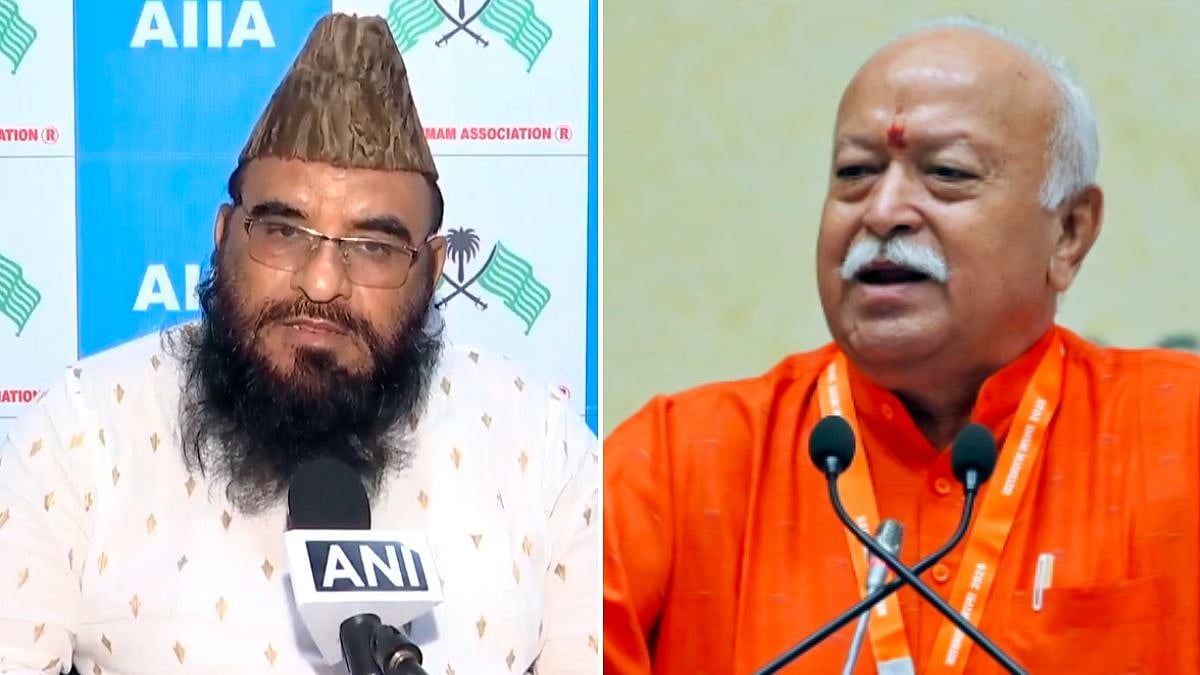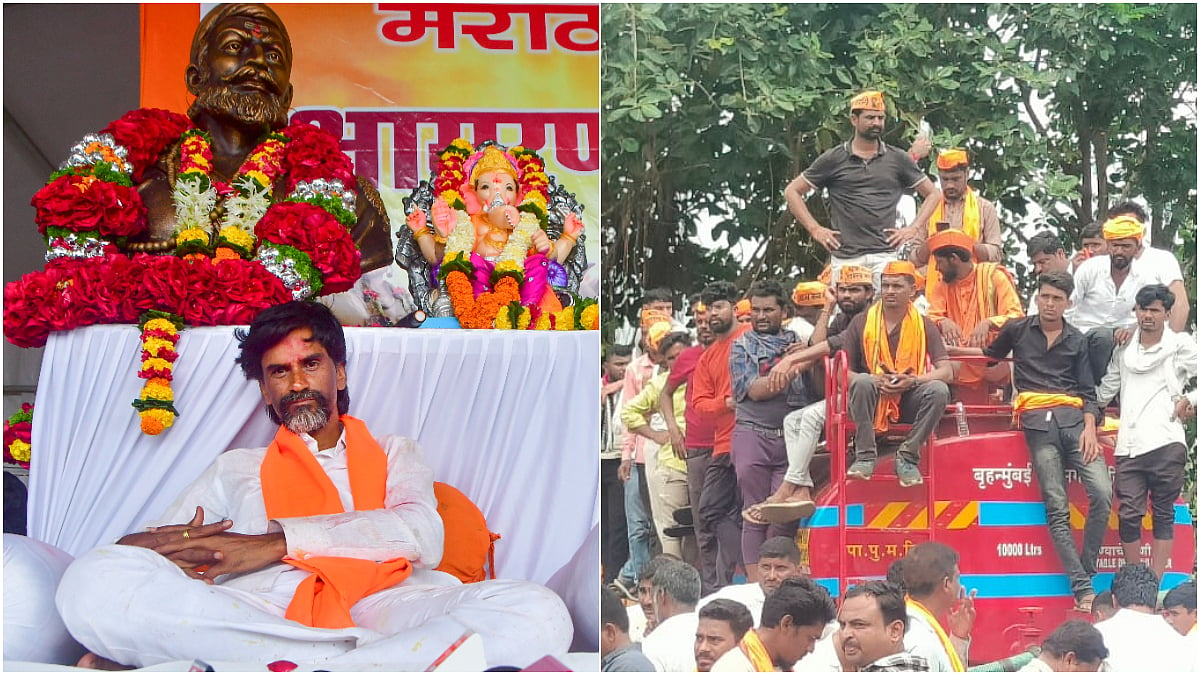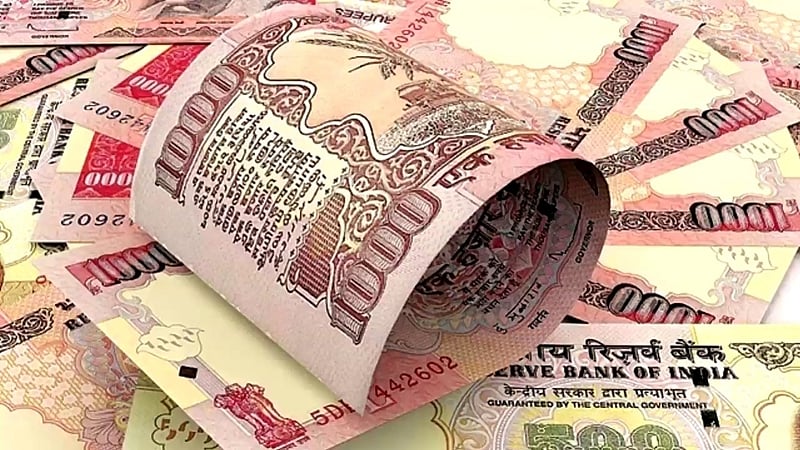The Supreme Court was on Wednesday persuaded to change its initial view that the challenge to demonetisation has become an academic issue, and started hearing arguments raised by petitioners on merits.
The court said the wisdom of the government is one aspect of the matter “and we know where the Lakshman rekha is, but the manner in which it was done and the procedure is something which can be examined”.
The court asked the Centre and the Reserve Bank of India (RBI) to file comprehensive affidavits in response to the petitioners’ arguments, especially the one that Section 26(2) of the RBI Act does not authorise the Centre to cancel currency notes of particular denominations.
The petitioners argued that the section empowers the Centre to only cancel notes of a particular series. The bench also said it wants to see the documents relating to RBI board meetings ahead of demonetisation. The case will be heard now on November 9.
A five-judge bench of Justices S Abdul Nazeer, BR Gavai, AS Bopanna, V Ramasubramanian and BV Nagarathna is considering 58 petitions challenging the decision to demonetise Rs500 and Rs1,000 notes.
Attorney General R Venkataramani and Solicitor General Tushar Mehta, appearing for the Centre, repeatedly asserted that the issue has become academic in view of the passage of time, but senior advocates P Chidambaram and Shyam Divan said that the validity of the decision was still open to challenge.
They argued that the government lacked the power to cancel currency notes through an executive order and said that the issues hold relevance for the future as well.
Senior advocate Pranav Bhushan insisted that severalissues arenot yet settled, such as the constitutionality of all the subsequent notifications, inconvenience caused to the public, and violation of equality and freedom of expression.
After listening to both sides, the bench observed that the issue may not have become academic. The bench also said that it has the duty to answer the issues referred to it by the Constitution Bench and that it has to answer them “one way or the other for posterity”.
“We can say the issue has become academic or infructuous only if both sides agree. If there is one point and a counterpoint on whether it is infructuous,” the bench said.
“The point is, the wisdom of the government is one aspect of the matter and we know where the Lakshman Rekha is. But the manner in which it is done and the procedure is something which can be examined. But for that, we need to hear.
“Any declaration one way or the other is for posterity and Ifeelitis the duty of the Constitution Benchto answer it one way or other,” it said.
On December 16, 2016, a bench headed by then Chief Justice TS Thakur had referred the question of the validity of the decision and other related matters to a larger bench of five judges for an authoritative pronouncement.
It had framed various questions in the reference order to be adjudicated upon by the five-judge bench, which included whether the notification dated November 8, 2016, is ultra vires the provisions of the RBI Act, 1934 and does the notification contravene the provisions of Article 300 (A) of the Constitution.
The three-judge bench had then said that assuming thatthe 2016notification has been validly issued under the RBI Act, 1934 whether it is ultra vires Articles 14 and 19 of the Constitution. Article 300(A) says no person shall be deprived of his property save by the authority of law.
“Whether the limit on withdrawal of cash from the funds deposited in bank accounts has no basis in law and violates Articles 14, 19 and 21,” the bench had said while referring to one of the issues.
Article 14 provides for equality before the law, while Article 19 relates to freedom of speech and expression and Article 21 deals with the fundamental right to protection of life and personal liberty.
It had said whether the implementation of the impugned notification(s) suffers from procedural and/or substantive unreasonableness and thereby violates Articles 14 and 19 and, if so, to what effect.
The top court had framed various other questions and said keeping in view the “general public importance” and the “far-reaching implications” thatthe answersmayhave, “we consider itproper to direct that the matters be placed before the larger bench of five judges for an authoritative pronouncement”.









.png)



